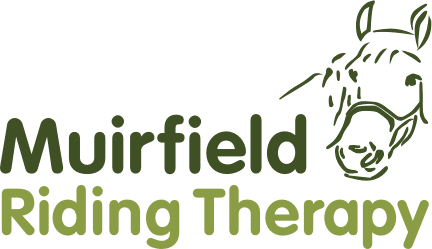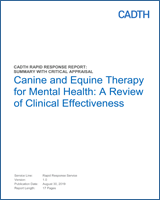Creating Safe Spaces for Mental Health with Horses

Creating safe spaces for mental health is essential for fostering healing, growth, and emotional well-being. Incorporating horses into these spaces offers unique therapeutic benefits due to their sensitivity, responsiveness, and calming presence. This article explores how horses contribute to mental health support, the principles behind equine-assisted therapy, and practical ways to create safe environments for individuals seeking mental wellness.
Understanding Safe Spaces for Mental Health
A safe space is an environment where individuals feel secure, accepted, and free from judgment or harm. In mental health contexts, safe spaces encourage openness, vulnerability, and trust, which are crucial for effective therapy and personal growth. When combined with equine-assisted activities, these spaces become even more impactful.
Why Horses?
Horses are highly intuitive animals that can sense human emotions and respond accordingly. Their non-verbal communication helps individuals become more aware of their feelings and behaviors. Interacting with horses can reduce anxiety, improve mood, and build confidence, making them ideal partners in mental health support.
Benefits of Equine-Assisted Therapy
- Emotional Regulation: Horses mirror emotions, helping individuals recognize and manage their feelings.
- Building Trust: Developing a relationship with a horse fosters trust and empathy.
- Improved Communication: Non-verbal cues from horses enhance interpersonal skills.
- Physical Activity: Grooming and caring for horses promote physical health and mindfulness.
Creating a Safe Space with Horses
- Environment: Choose a calm, quiet setting free from distractions and hazards.
- Qualified Facilitators: Ensure therapists or instructors are trained in equine-assisted therapy.
- Clear Boundaries: Establish rules that promote respect and safety for both humans and horses.
- Personalized Approach: Tailor activities to individual needs and comfort levels.
Practical Activities
- Groundwork exercises such as leading and grooming.
- Mindfulness sessions involving horse observation.
- Trust-building games that encourage cooperation.
Frequently Asked Questions (FAQ)
| Question | Answer |
|---|---|
| What is equine-assisted therapy? | A therapeutic approach that uses horse interactions to support mental health and emotional growth. |
| Who can benefit from this therapy? | Individuals with anxiety, depression, PTSD, and other mental health challenges. |
| Is prior experience with horses necessary? | No, beginners are welcome and activities are adapted to all skill levels. |
Conclusion
Integrating horses into mental health safe spaces offers a powerful, holistic approach to healing. By fostering trust, emotional awareness, and physical engagement, these environments support individuals on their journey toward mental wellness.
